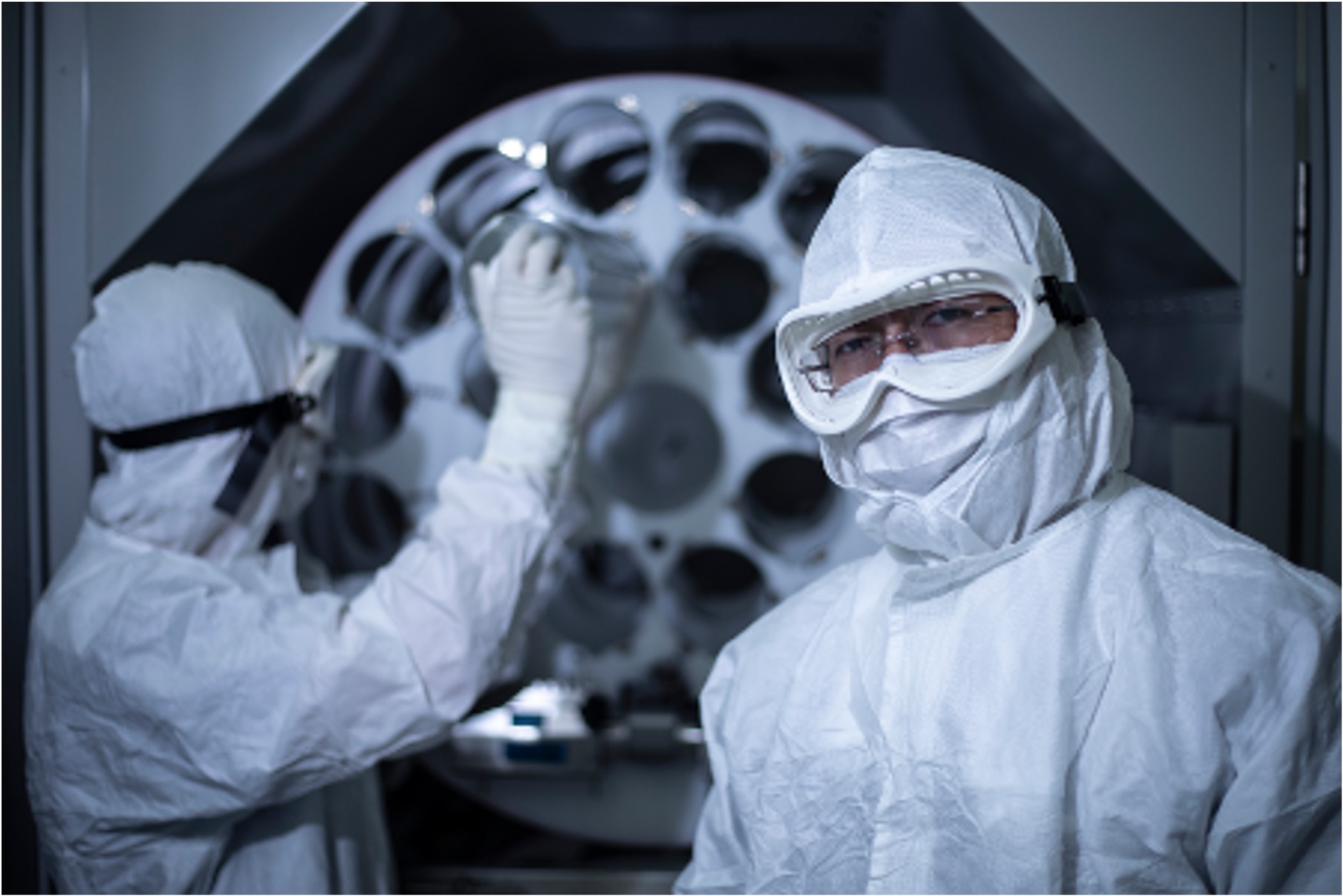
By Heather Blumenthal
Two years ago, Jennifer Quizi called the Biotherapeutic Manufacturing Centre (BMC) one of Ottawa’s best-kept secrets, with the equipment and expertise to support a critical gap in the journey from the lab to the clinic.
It’s not such a secret anymore, after the federal government provided a $59 million boost to expand the centre itself and to a network of similar centres across the country, as part of its recently announced pandemic preparedness strategy.
The new funding is “transformative,” says Dr. Quizi, the Director of the Virus Manufacturing Program at the BMC.
During the COVID-19 pandemic, Canada lacked the necessary vaccine manufacturing capacity, leaving the country to try to outbid other countries for a reliable supply of the vaccines that helped to reduce the severity of illness, take away pressure on the healthcare system and, ultimately, end the pandemic. The recent funding is part of the government commitment to be better prepared when the next pandemic comes along.
While the focus is on vaccine preparedness, Canada’s biomanufacturing facilities can’t sit still, just waiting for the next pandemic. “To be prepared, we have to be busy,” says Dr. Quizi.
“The government wanted a series of manufacturing centres that could pivot to vaccines in a new pandemic,” says John Bell, Scientific Director of BioCanRx. “In the meantime, though, they can do other things.”
The new BMC will be part of Ottawa’s new ambulatory care and research building at the new Civic campus of the Ottawa Hospital, currently under construction. The new facility will allow the BMC to expand its already impressive ability to manufacture and purify living cells for use in humans, including vaccines and viruses. The centre serves both academic researchers and start-up companies developing new cancer immunotherapies and CAR-T therapies, new uses for mesenchymal stem cells, adenoviruses for gene therapy and vaccines.
The current facility consistently operates at full capacity and is booked far in advance. The expansion, which will more than double the centre’s current capacity, according to Dr. Quizi, will help attract and retain top researchers and clinicians.
It will also strengthen BioCanRx’s already impressive achievements in immunotherapy development, which include producing the first made-in-Canada CAR-T cells; supporting the first Canadian clinical trial using this product, the CLIC-01 trial for patients with specific kinds of leukemia or lymphoma for whom other options haven’t worked; and supporting the enabling research leading to the development of viral sensitizers that have significant value in enhancing viral yields and biomanufacturing capacity in general, and which has led to the creation of spin-off company Virica, to commercialize the discovery.
The work the BMC does is the “unsexy but absolutely critical” part of research, says BioCanRx President and CEO, Stéphanie Michaud. It’s needed to manufacture clinical grade biotherapies that offer new approaches and treatments to patients via clinical trials. That’s why BioCanRx has always seen the BMC as “the jewel in the crown” for Canada, she says. For that reason, when it looked as though funding for BioCanRx might end, the organization decided to double down on biomanufacturing in what they feared might be their last funding cycle.
That last push, says Dr. Michaud, was instrumental in getting this latest funding boost for the BMC.
In addition to that funding, $12 million of the $59 million investment will support harmonization and cooperation across multiple Canadian biomanufacturing facilities, including in Hamilton, Saskatchewan, Alberta and Halifax. And while each centre will have its own area of expertise — for instance, a focus on animal health at the Saskatchewan centre — there will be a level of coordination and coherence among them all to support a rapid response in the next pandemic.
“We’re good at what we do at BMC, but we don’t do everything,” says Dr. Quizi. “This funding supports the creation of an entire biomanufacturing ecosystem. In addition to being prepared for a future pandemic, the economic benefits are huge.”
“It’s the right thing for Canada,” says Dr. Bell. “We’re a big country. Having one facility serving the whole country is not useful.”
“These investments are a great step in the right direction,” adds Dr. Quizi. “But this can’t be ‘one and done’ funding. We have to make sure we continue to support these institutions.”

